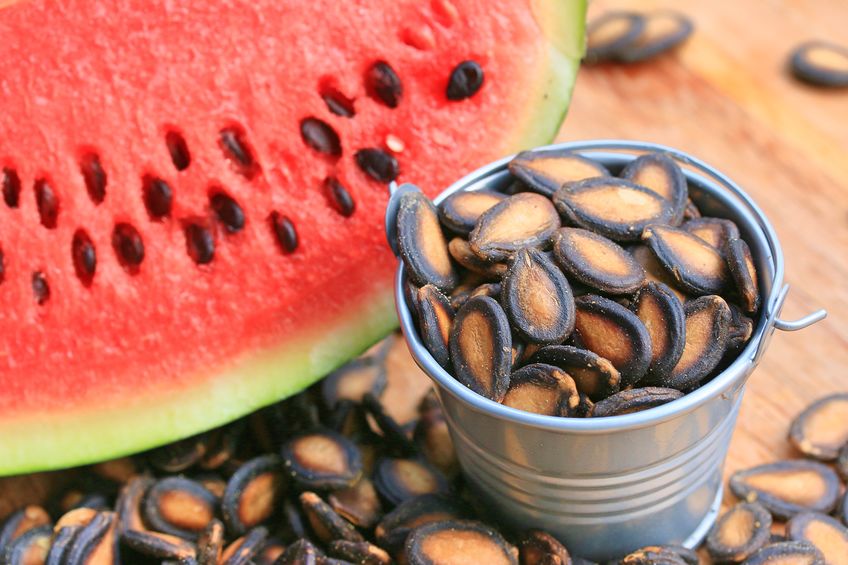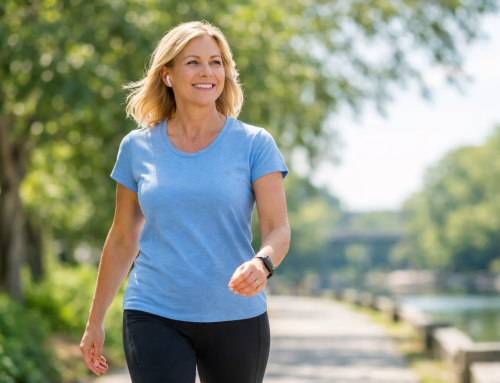What’s the latest superfood? We’ve been through blueberries, kale and quinoa, so what’s next? It just might be the lowly watermelon seed.
What could be more refreshing than a slice of juicy watermelon or a watermelon salad on a hot summer day? And the seeds? You probably spit those out. Maybe you should start eating them.
Here is an analysis of watermelon seeds from the Berkeley Wellness Letter.
Watermelon Seeds as a Superfood
People in Africa, Asia, and the Middle East have long used watermelon seeds, roasting them as a snack, grinding them into flour to make bread, mashing them into a pulp to thicken soup, and using the seed oil in cooking and frying. They have a pleasant, nutty flavor.
That’s a smart move, considering that the seeds actually have more nutrients than the fruit’s flesh:
- A one-ounce serving of dried watermelon seeds has 160 calories
- 8 grams of protein, and
- 13 grams of fat (mostly unsaturated).
- They also contain minerals such as iron, magnesium, phosphorus, potassium, and zinc.
- The seeds also contain various phytochemicals, including flavonoids.
In the West, watermelon seeds are now being promoted as a “superfood,” with claims that they are beneficial for everything from obesity and arthritis to diabetes and the immune system.
But studies have largely been animal investigations. Clinical trials are needed before anyone starts eating watermelon seeds for supposed medicinal effects.
A Sea Of Watermelon Seed Products
The watermelon seed market is expected to swell over the next several years due to the increased popularity of veganism and protein-rich foods and that eternal quest for the next big “superfood.”
And the market is not just limited to packaged watermelon seeds. You can also find watermelon seed butter (which you can spread on bread or crackers as you would a nut butter), protein bars containing sprouted watermelon seeds, and watermelon seed powder (that you can mix into a smoothie for flavor and for extra protein.
Watermelon seed tinctures are promoted as a remedy for urinary infections, kidney function, improving skin, and reducing fevers, for example, though there’s no scientific evidence to support such claims.
How to Roast Watermelon Seeds
Chewing watermelon seeds straight from the melon isn’t very appetizing because of the hard and bitter seed coat. If you don’t want to spend money on packaged watermelon seeds, you can roast them yourself:
- Use the hard, mature dark seeds, not the undeveloped white ones.
- After rinsing in a colander, allow them to dry thoroughly.
- Heat vegetable oil (such as canola, olive, or sesame) in a wok or skillet and add the seeds, stirring them frequently until they’re brown.
- When they’re almost done, add a sprinkling of salt if you want.
- After they cool, you can crack them in your mouth as you would a sunflower seed and eat the inside.
An alternative method is to spread the seeds on a baking sheet and bake them for about 15 to 20 minutes at 325°F or until they start to smell toasty.
Click here to read full article about the latest superfood.






